🧠 Course Overview
Course Title: Acute Stress Disorder and Dream Psychotherapy©
Instructor: Marilyn Dyan Manzi, LMFT
License #: CA107464 / OR T1463
Duration: 1 Hour | Continuing Education Credit: 1 hour
📝 Course Description:
This course introduces licensed mental health professionals to an integrative approach for assessing and treating Acute Stress Disorder (ASD) through the clinical use of Dream Psychotherapy©. The course emphasizes tools for identifying trauma responses, working with dream content in early-stage therapy, and measuring client/patient progress based on physiological and sleep-related indicators.
Clinicians will gain practical frameworks for addressing maladaptive symptoms, rescripting traumatic dreams, and guiding clients/patients through the recovery process using dream-centered psychotherapy techniques. Case study strategies and clinical tools will be introduced to support long-term treatment outcomes.
The instructor, Marilyn Dyan Manzi, LMFT, shares outcomes from her private practice using Dream Psychotherapy© with favorable results. This CE training offers both clinical insight and practical application.
🎯 Educational Goals:
Differentiate when to implement Dream Psychotherapy© for ASD
Utilize clinical tools to assess trauma symptoms and treatment progress
Apply weekly therapeutic strategies using dream content in the early weeks of therapy
📚 Course Structure & Learning Objectives
1. Introduction to Acute Stress Disorder and Dream Psychotherapy© (10 minutes)
Define Acute Stress Disorder (ASD)
Differentiate ASD, Brief Psychotic Disorder, and PTSD in clinical contexts (80% accuracy)
Describe the mission and purpose of Dream Psychotherapy© in trauma recovery
2. Session One: Working with the Traumatic Event & Dream/Nightmare (15 minutes)
Explain the role of the psychosomatic witness in Dream Psychotherapy©
Describe psychoeducational aftercare for long-term trauma recovery
Complete the Dream Psychotherapy© assessment questionnaire accurately
3. Sessions in Weeks 2–4: Rescripting Dreams and Reducing Symptoms (15 minutes)
Explain the clinical importance of addressing nightmares early in treatment
Demonstrate how to guide patients in nightmare rescripting to reduce fear and regain sleep control
4. Social Impacts of Trauma (10 minutes)
Define and apply the four trauma responses (fight, flight, freeze, fawn)
Identify strategies for structure, routine, and safety in recovery
Guide clients/patients in developing healthy assertion and consensual boundaries
5. Measuring Client/Patient Progress (10 minutes)
Complete and interpret a weekly progress report tracking sleep and trauma indicators
Assess client/patient-reported sleep quality using standardized tools
Accurately document nightmare details and physiological symptoms
📥 Final Exam & Certificate
To earn CE credit, participants must complete the evaluation form + quiz with a passing score of 80% or higher. Upon successful completion, a CE certificate will be provided.
If you are interested in this presentation @ your university for didactic training, clinic, practice, etc, please complete the form below.
If you are interested in purchasing this course on-demand, please check back for updates as course is coming soon.

